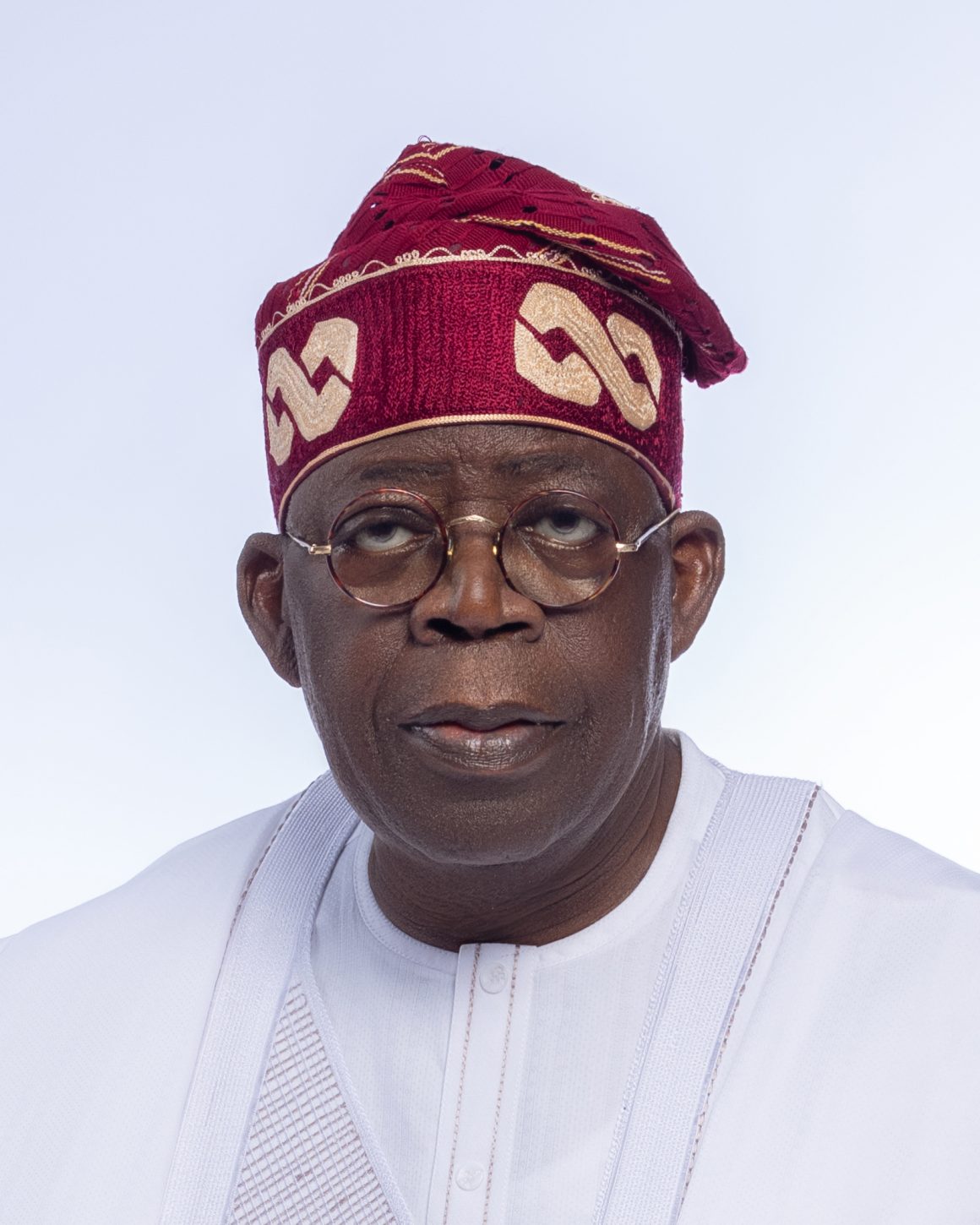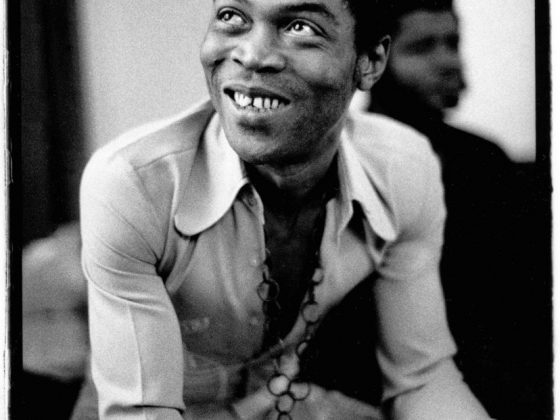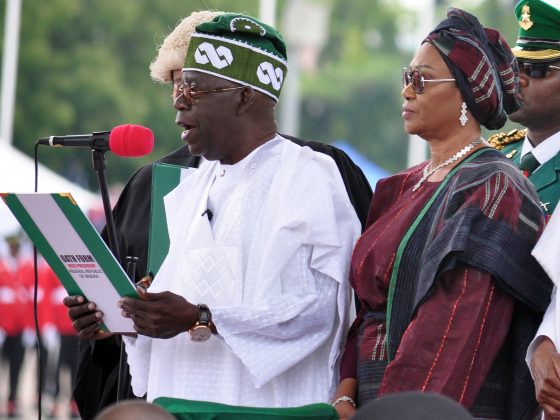In another test of Nigeria’s democracy, Asiwaju Bola Ahmed Tinubu rises as the country’s number one citizen. With unwavering resolve, he assumes the presidency, determined to chart a path through adversity, unite a divided nation, and usher in a future filled with promise.
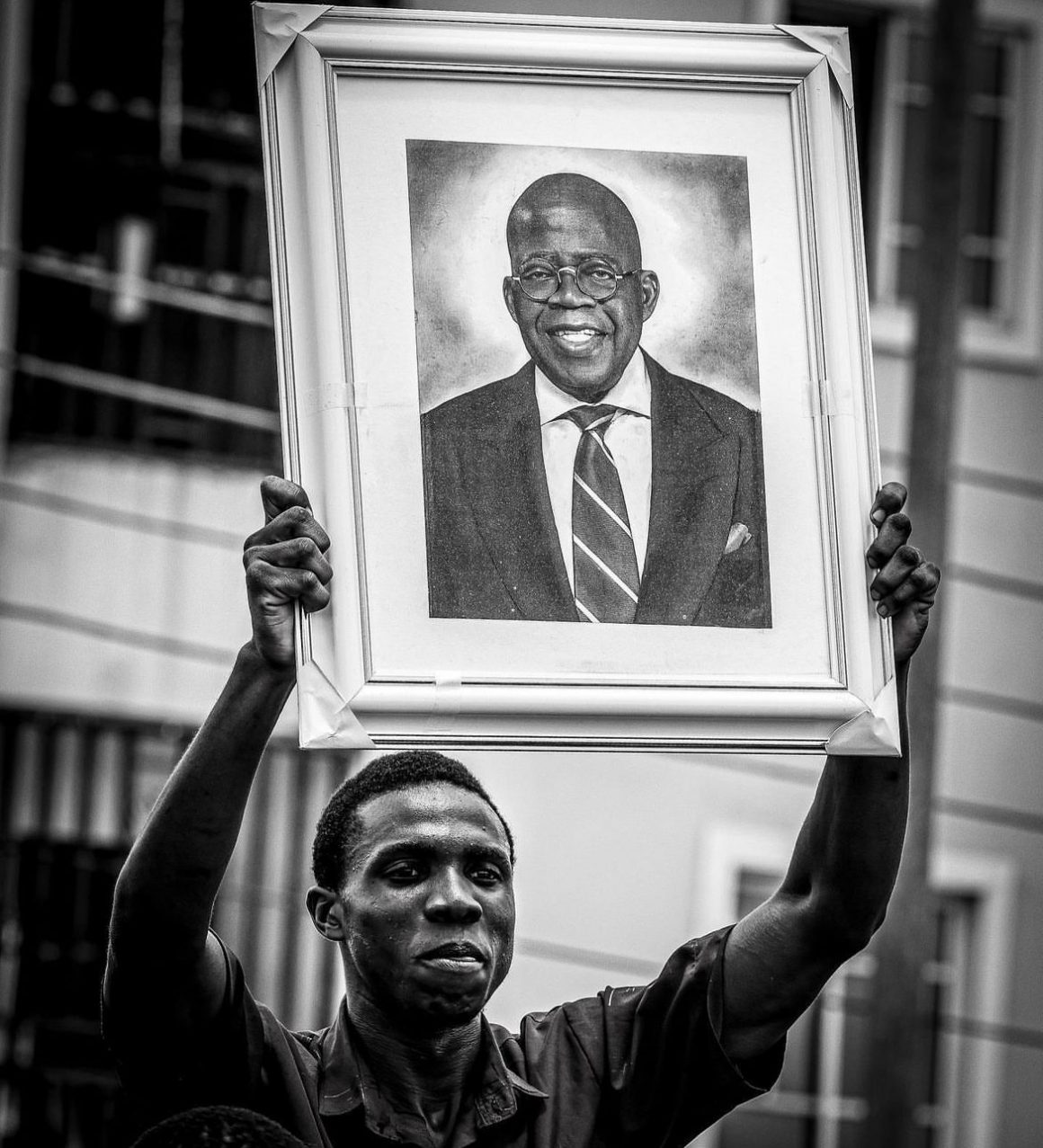
As President Muhammadu Buhari approaches the role of the idle king in Tennyson’s Ulysses, one man’s shadow looms large along the corridors of power, waiting to step in: Asiwaju Bola Ahmed Tinubu (GCFR), the man who, against all odds, will tomorrow be sworn in as Nigeria’s President.
Not a young man himself, Tinubu is certainly not of the strength that in 1999 moved earth and heaven, but he is clearly strong in will and has demonstrated that he is willing to fight for what he believes in, despite any opposition. In his pivotal “emilokan” speech in Abeokuta last year, which many believed to have turned the tide in his favour during the APC primaries, then-candidate Tinubu said that his journey to the presidency has been a long one, during which he has paid his dues with time, toil, and sweat. From the pro-democracy struggle of the mid-1990s to his relentless work in building people and establishing a formidable opposition, he is credited with wresting power from the all-powerful People’s Democratic Party in 2015, when, according to him, he surrendered his rights so that the APC might succeed.
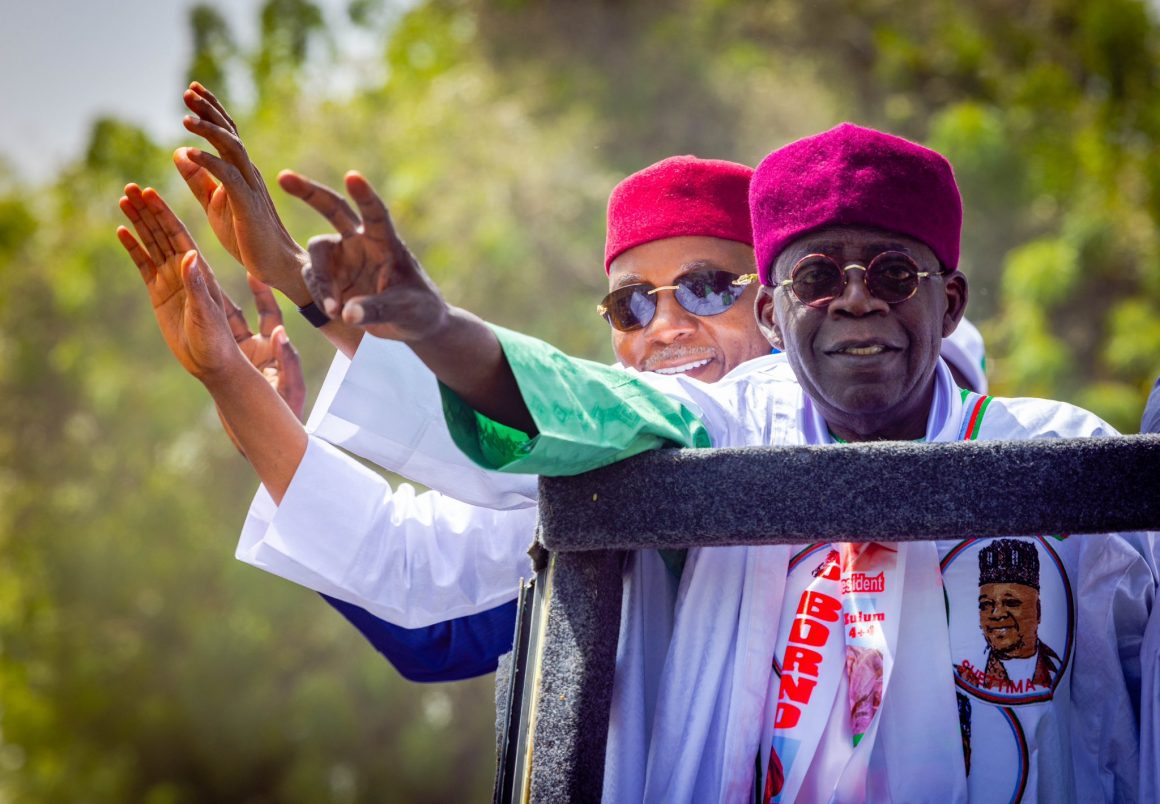
Asiwaju Bola Ahmed Tinubu’s ascendancy to the presidency is the culmination of a remarkable journey and a testament to his incomparable political acumen, tireless dedication, and unwavering pursuit of progress. From his early days as an accomplished accountant, Tinubu swiftly carved a path in national politics, becoming elected as the senator representing Lagos West in 1992. Later, during his tenure as a two-term governor of Lagos State, Tinubu’s transformative initiatives and sweeping policies catapulted the state’s development, garnering widespread acclaim and controversy. Throughout his political career, he has faced scrutiny and criticism on various fronts as his well-oiled political machine churned out diehard allies and formidable foes in equal measure. Decades-old allegations against him have died and been revived several times and even threatened to derail his life’s ambition to be president.
Additionally, he has faced criticism for his perceived dominance and control over political structures, with critics arguing that his influence has advanced what they believe to be his personal agenda above all else. These issues have fueled scepticism among some Nigerians about the integrity of Tinubu’s leadership. Therefore, a major task of his administration would be to work towards fostering a climate of accountability and good governance and restoring trust among the populace.
The 2023 elections are now over, and the battle is lost and won. In history, there are moments that define nations when the path forward seems uncertain, and the weight of expectations rests on the shoulders of one man. Tinubu’s journey here is a testament to his unwavering determination and resilience. He will now assume the burden of leadership, steering the nation through many headwinds towards a brighter future. In the spirit of unity and reconciliation, the new President must extend a hand across the aisle, demonstrating magnanimity in victory. Acknowledging the divisions and scepticism felt by people who did not support his candidacy, President Tinubu must strive to earn their trust and confidence. By fostering an inclusive approach to governance, welcoming diverse viewpoints, and prioritizing the collective welfare of all Nigerians, regardless of tribe or religion, he can lessen cynicism and spread his message of renewed hope in his presidency. Only through a sincere commitment to national unity can Tinubu heal the wounds of a bitterly fought election and forge a path towards a future where the people can hope to live a better life in the place they call home. The unifier-in-chief must be a beacon of unity, inspiring Nigerians to look beyond their differences and work towards a common purpose.
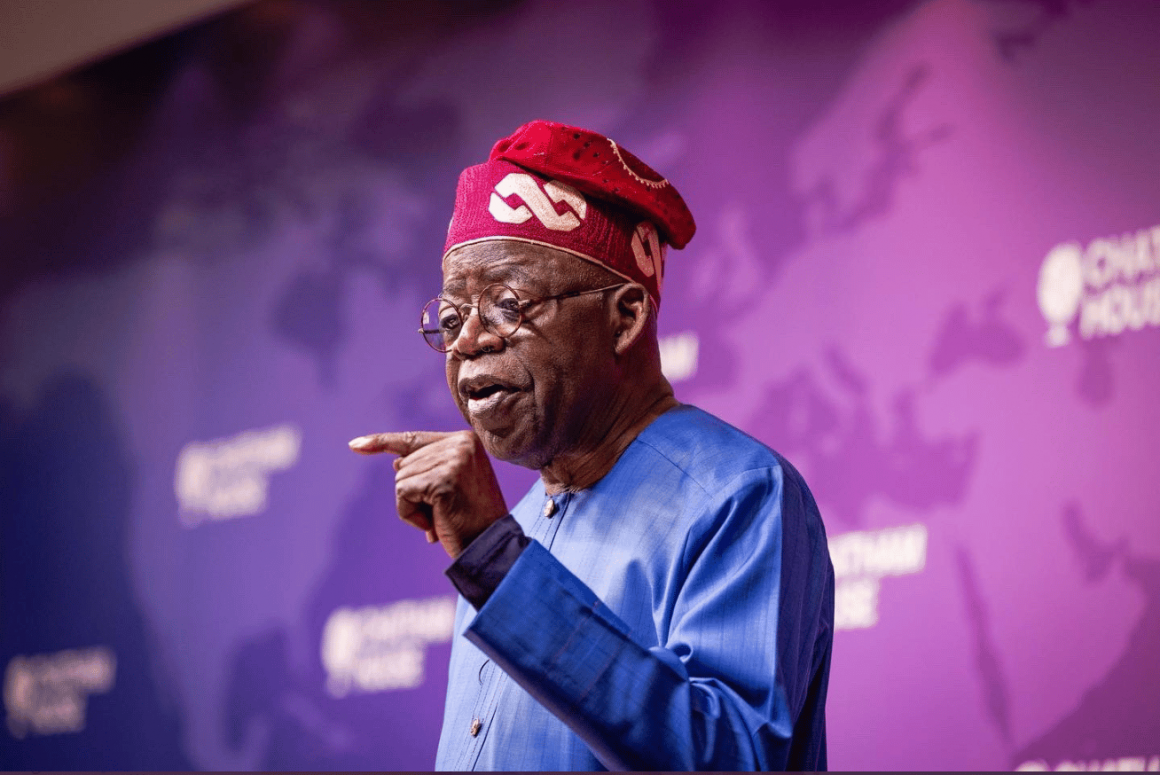
From the mounting domestic and foreign debt to the thorny issue of petrol subsidy removal, the nation finds itself at a crossroads. As the world watches, the new President must confront these challenges head-on, armed with a vision and the political will to see it through. Our mounting debt profile is a spectre that looms over the nation, casting a shadow of uncertainty over its economic future. While easier said than done, the President will need to chart a course towards fiscal prudence, instituting measures that promote responsible borrowing and effective debt management. By ensuring transparency and accountability in financial matters, the incoming government can lay the foundation for sustainable economic growth and alleviate the burden of debt on future generations.
Several countries, including Venezuela, Egypt, and Sri Lanka, have faced social unrest when subsidies were unsustainable and became a strain on public finances. While designed to help the average citizen, these subsidies put significant pressure on their economies, leading to budget deficits and limited fiscal flexibility. In Nigeria, the removal of petrol subsidies, as recommended by international financial institutions, is a bitter pill to swallow for many and a decision fraught with social and political implications. The outgoing administration was well aware of this and simply kicked the can down the road for the next guy. Now, Tinubu must communicate the necessity of this step, assuaging the concerns of the populace by outlining a comprehensive plan that redirects the savings towards critical sectors such as education, healthcare, and infrastructure development.
It is often said that tackling corruption is easier said than done, especially when political expediency becomes the primary concern for winning re-election. However, it is crucial for the new government to prioritize addressing corruption, which has become an insidious albatross hanging on our nation’s neck. Tinubu must lead by example by fostering a culture of transparency and accountability, obeying the rule of law, and strengthening anti-corruption agencies. The incoming President can restore public trust, attract foreign investment, and create an environment conducive for doing business by raising competence over nepotism and rewarding excellence in public service.
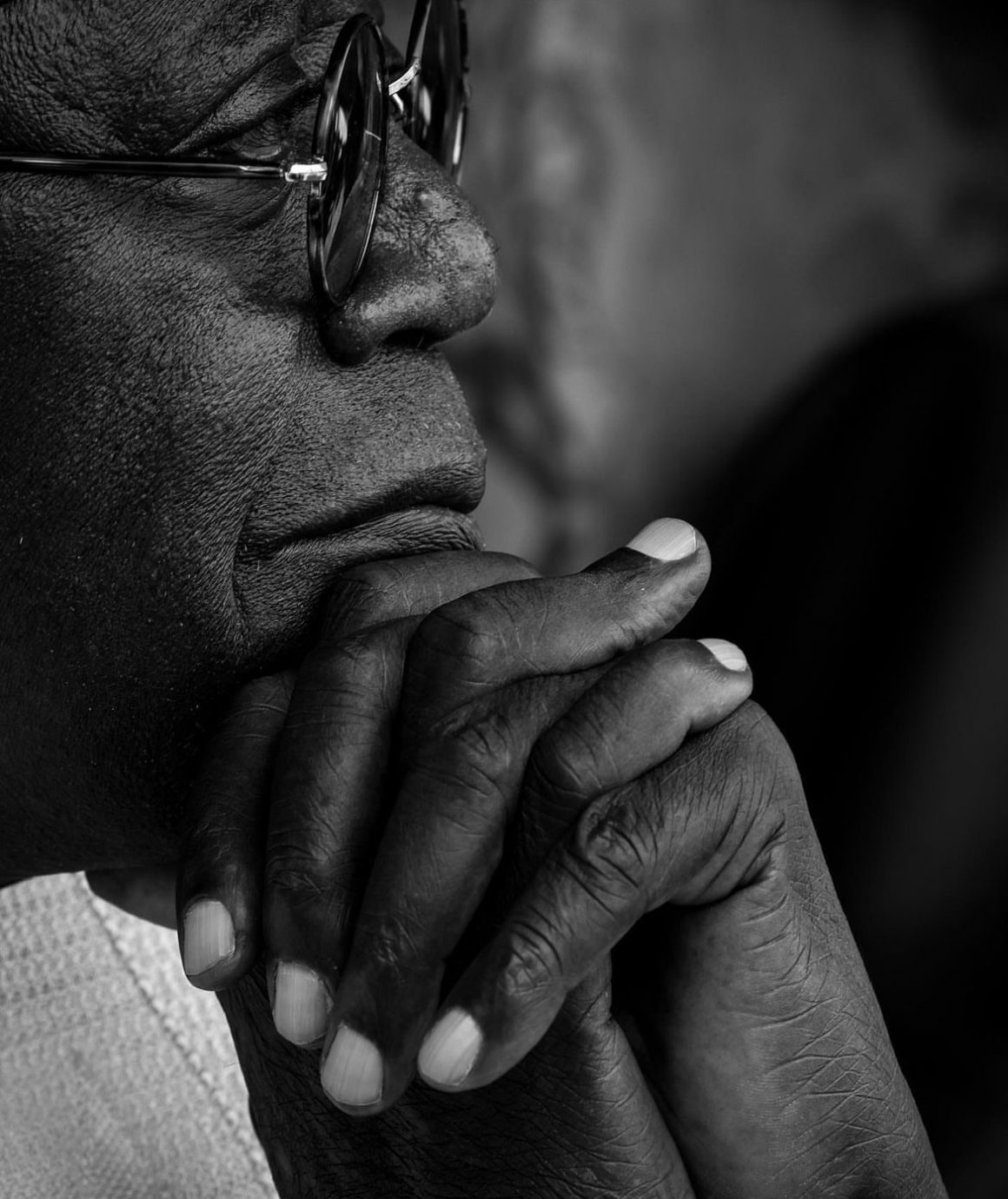
From day one, President Tinubu should prioritize the safety and well-being of every Nigerian citizen. The gains of Nigeria’s Armed Forces over Boko Haram and ISWAP in the forests of the Northeast are clear and should not decrease through sudden policy changes that will take years to settle. In-country, however, the lull before the elections has now been broken by incessant attacks on villages in Kaduna, Plateau, and Benue. To restore peace and create an enabling environment for growth and prosperity, addressing the root causes of internal insecurity, including poverty and unemployment, should no longer be up for debate. Not only that, increased regional cooperation is imperative if terrorism and cross-border banditry are to be finally eliminated. From Bamako to Ndjamena, the regional task force will require increased cooperation and leadership from its big brother, Nigeria.
As Asiwaju Bola Ahmed Tinubu takes the oath of office tomorrow, he embarks on a journey that will test his well-known resilience. For the incoming President, the road to May 29, 2023, has been long and arduous, but the challenges ahead are even more formidable. If the saying “uneasy lies the head that wears the crown” is anything to go by, this will by far be his biggest test in a time of great expectations. As the dawn breaks on the eve of a new era, Nigeria stands at the precipice of change, awaiting what a Tinubu presidency might bring.

